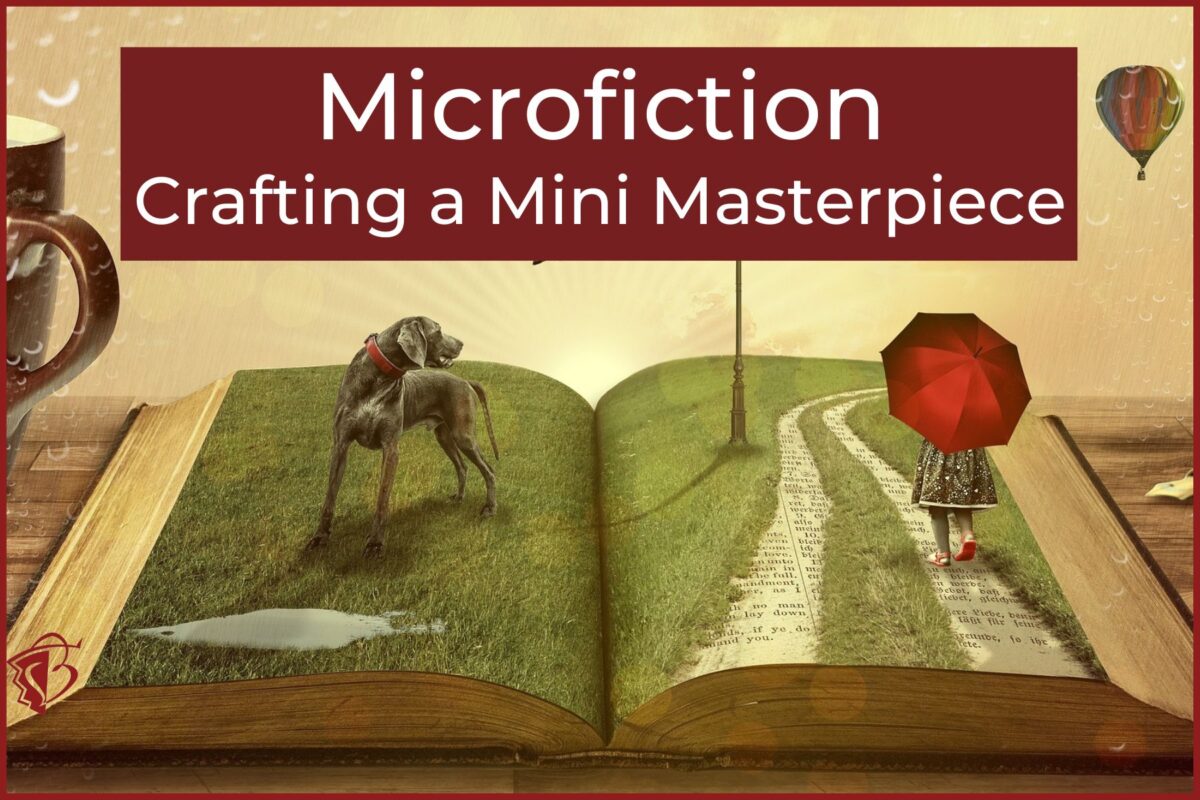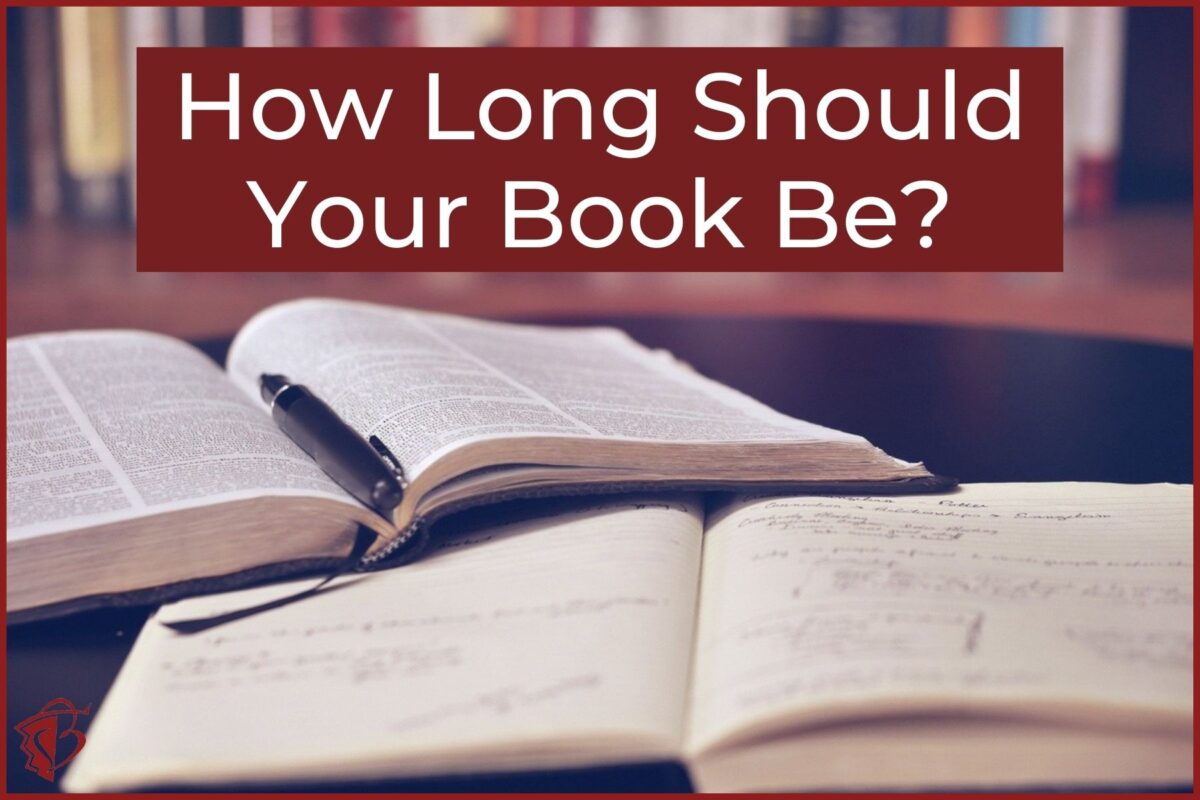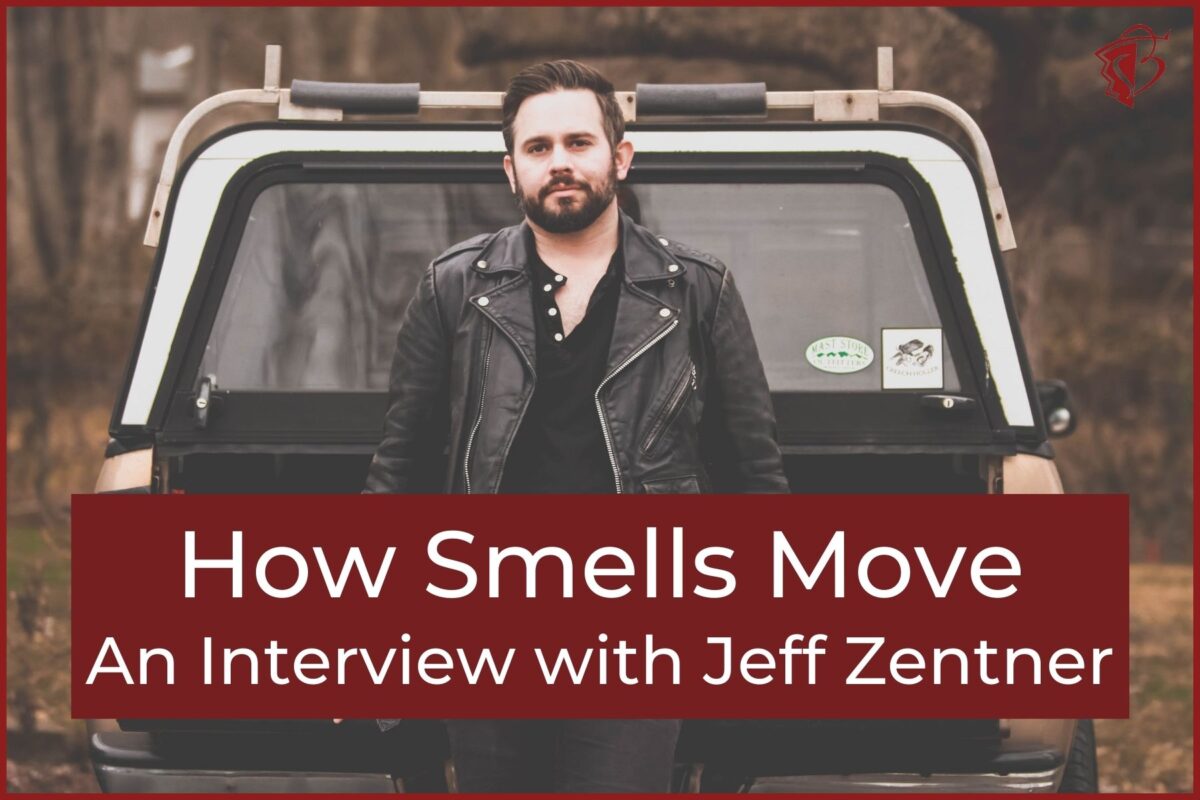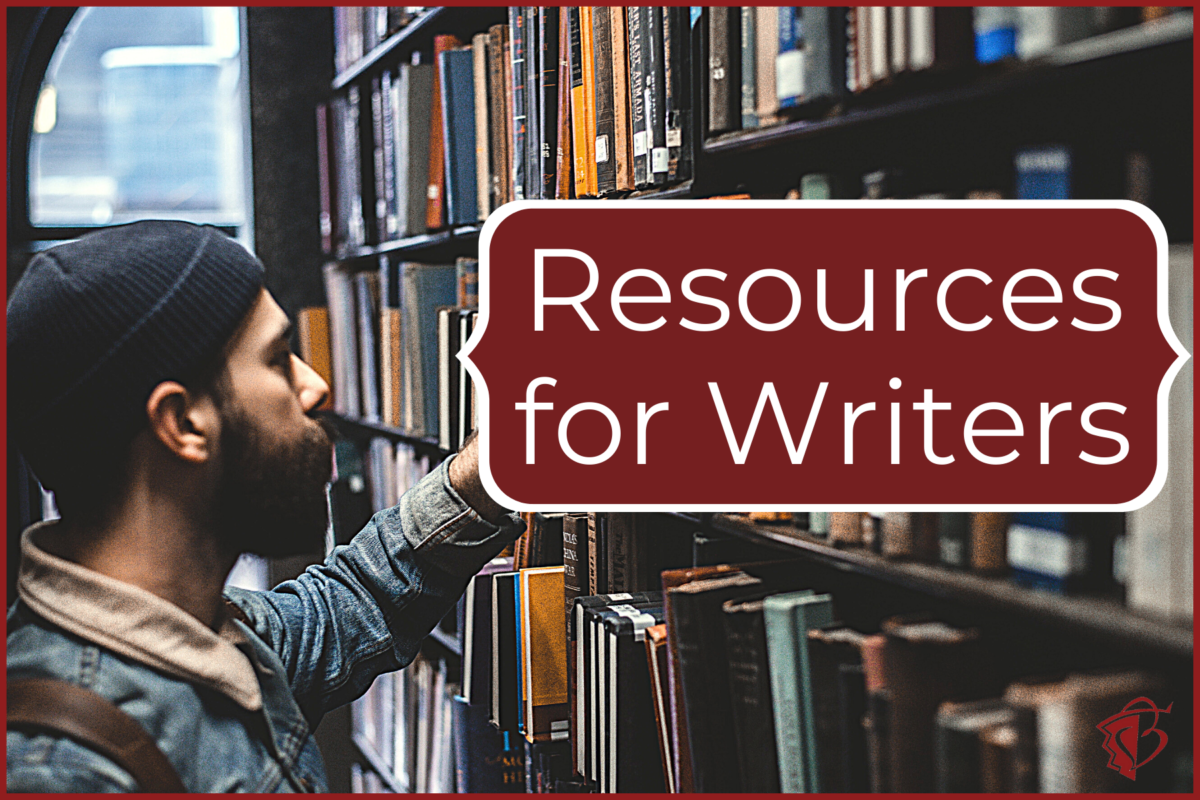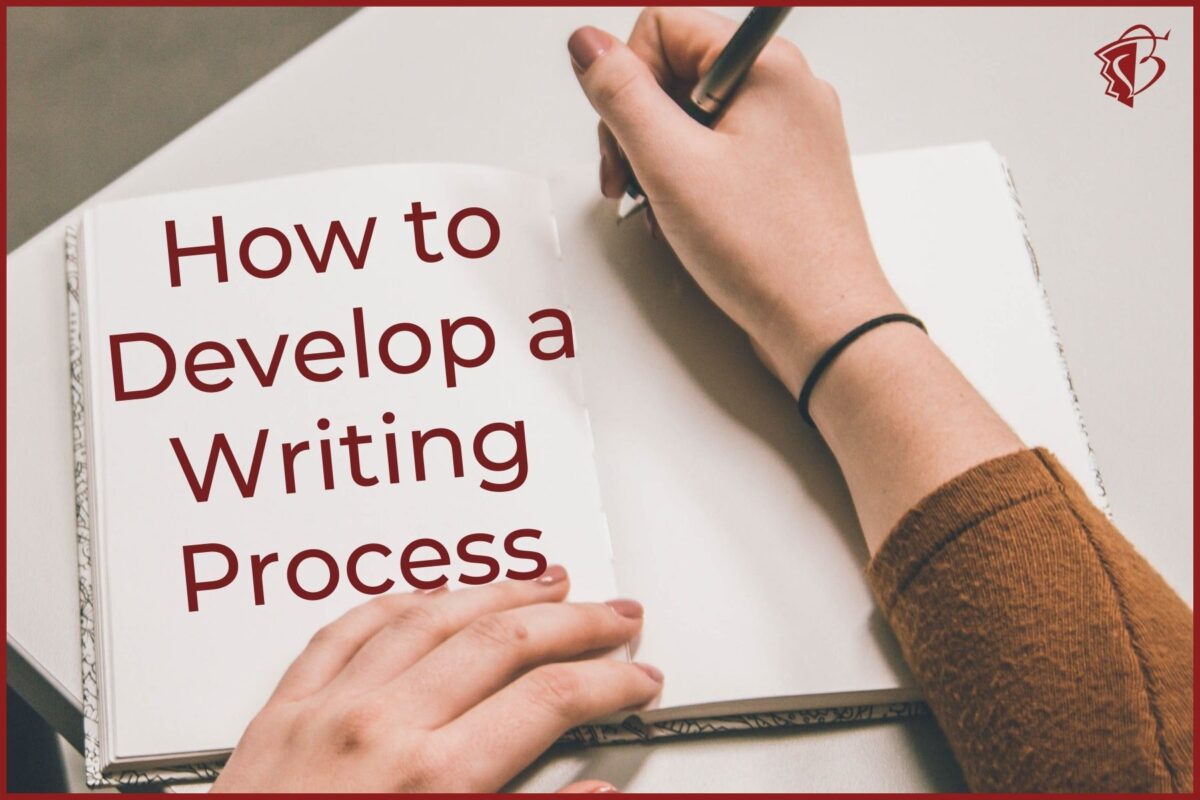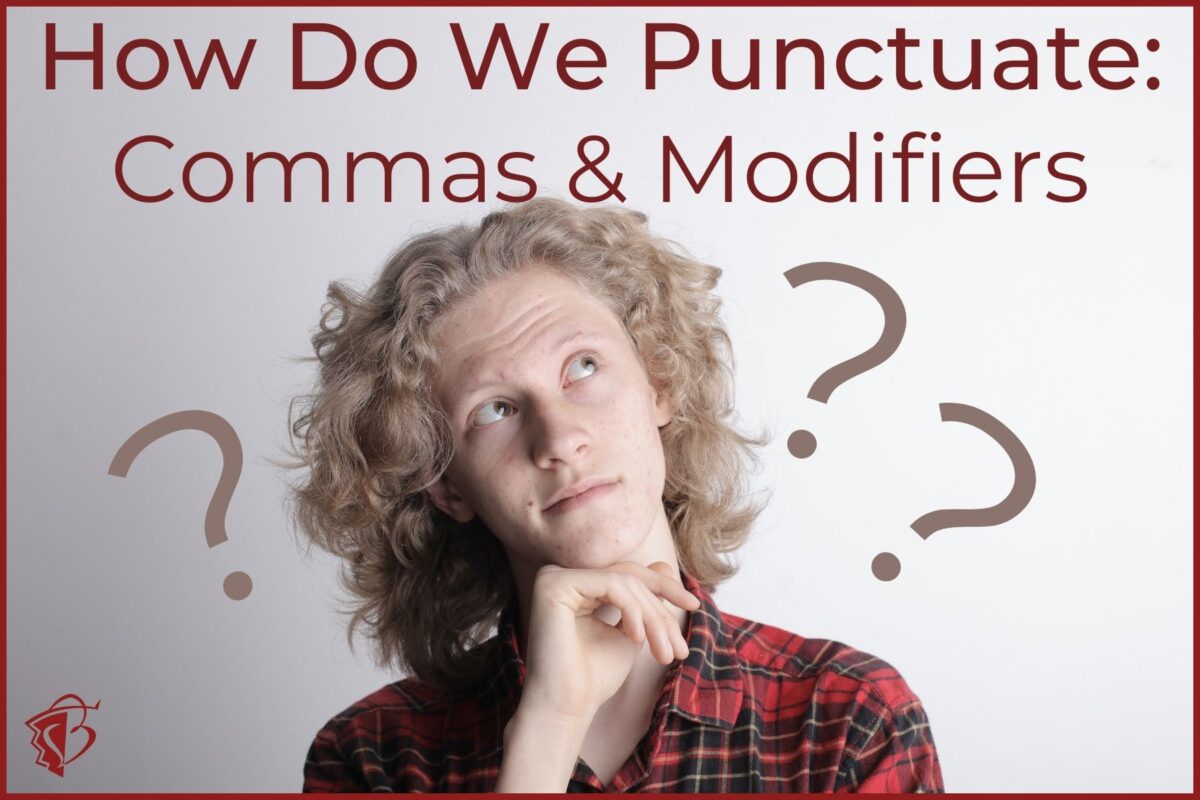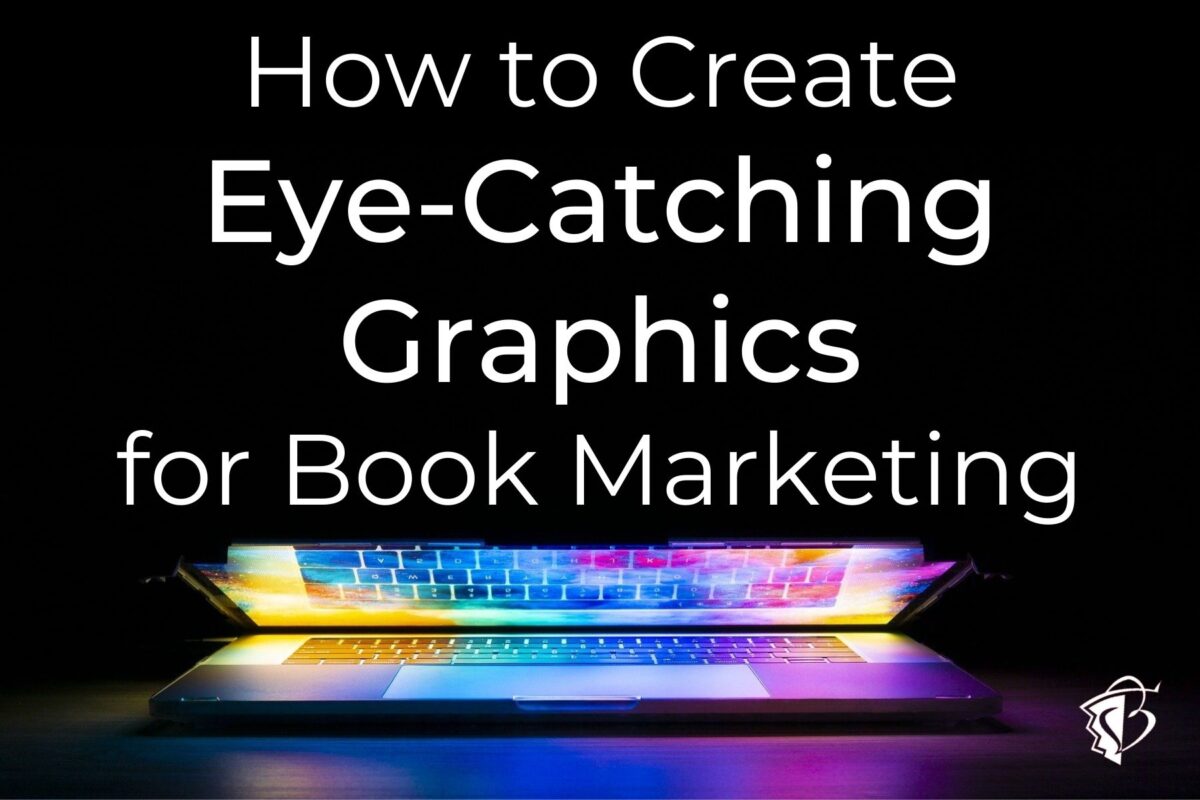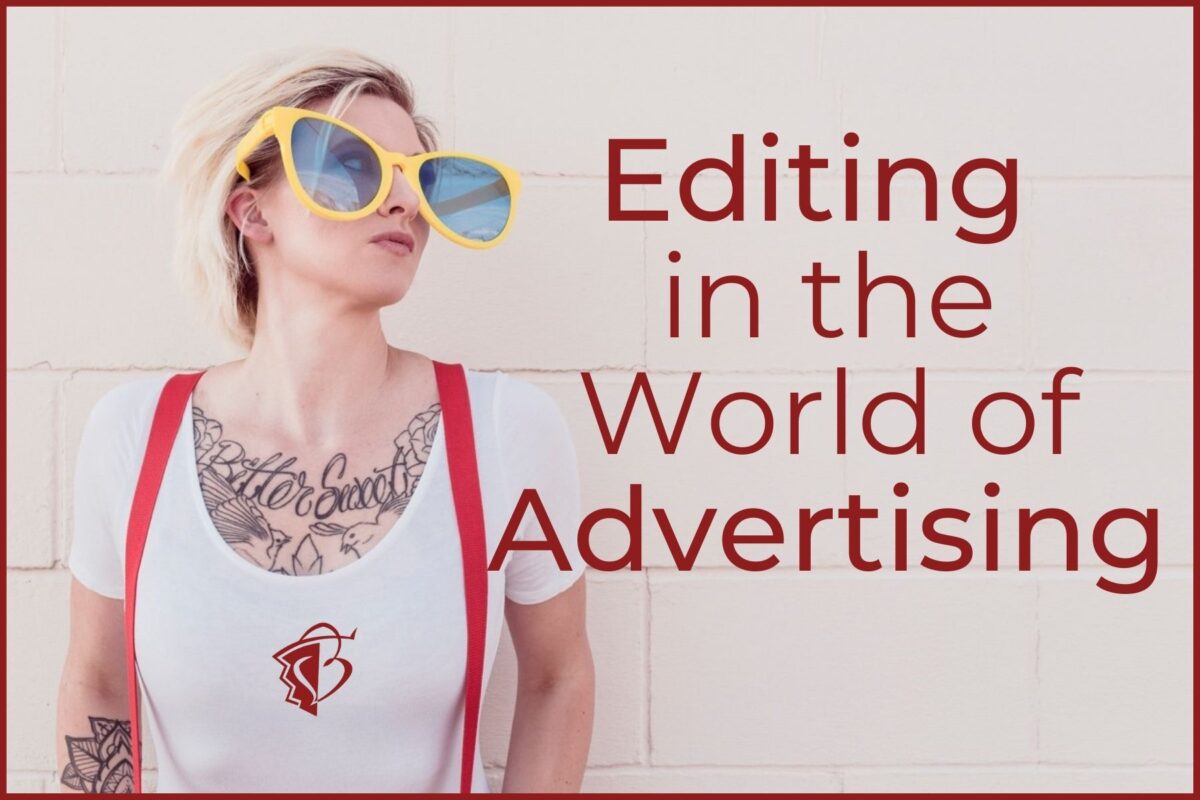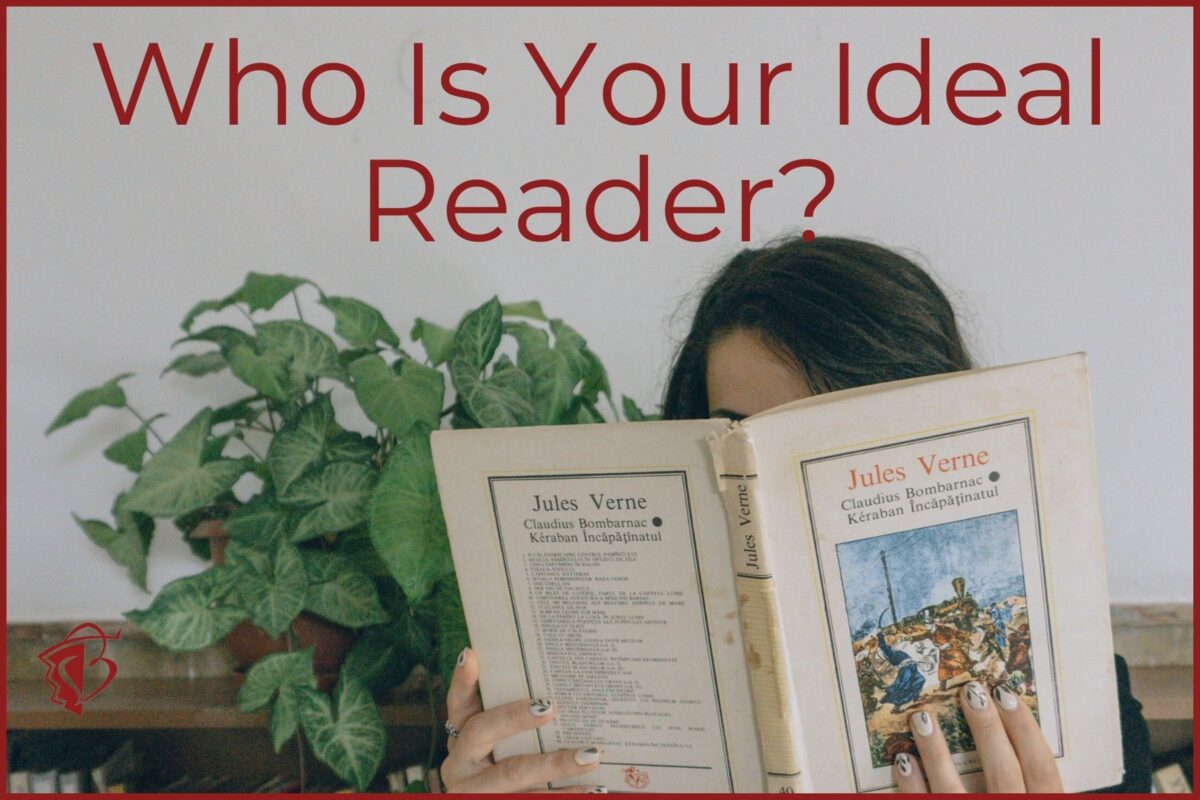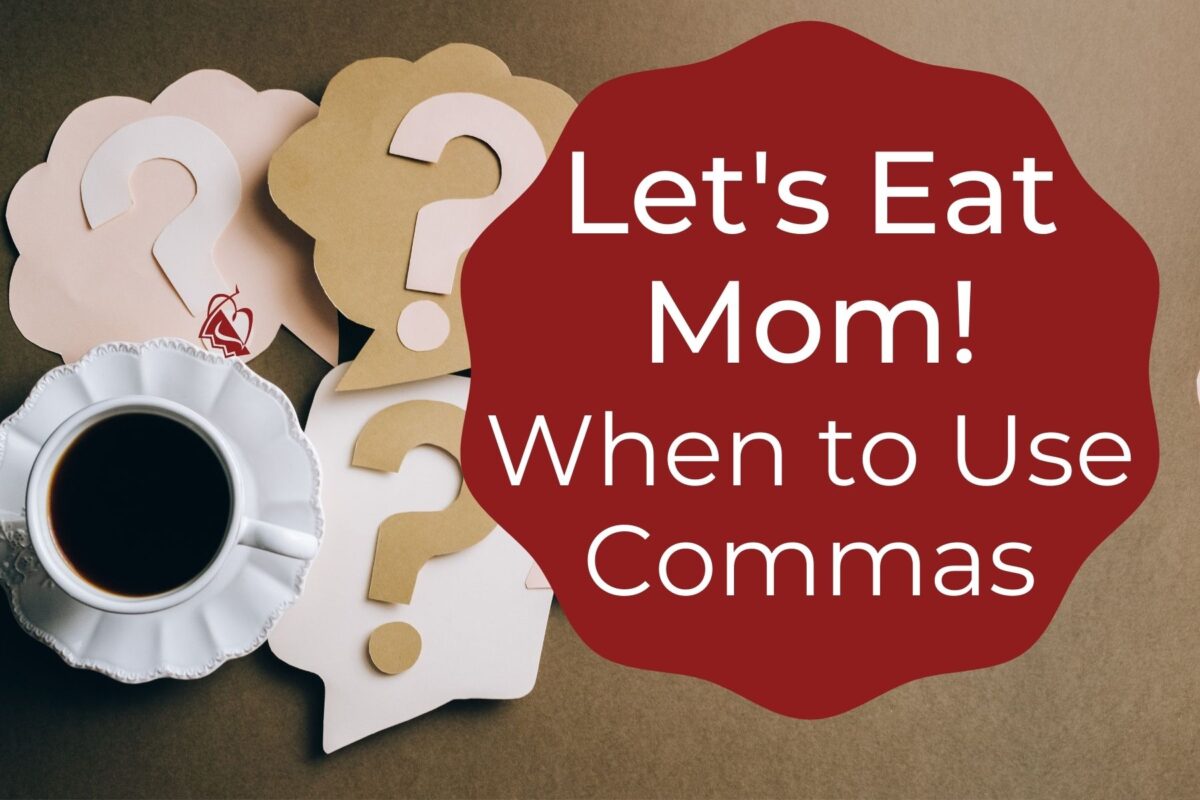Reprinted with permission. First appeared online at Nothing in the Rulebook, March 16, 2022. If you’re a writer, chances are the challenge of writing microfiction stems from figuring out how to pare your story down to the essentials, rather than how to fill up the space. What is microfiction? First of all, if you’re not […]
Counting Words: How Long Should Your Book Be?
How long should your book be? That depends on your genre, story, budget, and marketing plan. Word count matters in publishing and to readers.
How Smells Move: An Interview by Author Amber Byers with Author Jeff Zentner
All writers have been told to “use the 5 senses,” but rarely are they told how to do that. When Amber decided to articulate how to write smell, she turned to Jeff Zentner for beautiful examples and advice. Here’s how you can write smell.
A Love Letter and Suggested Resources for Writers
Both editors and writers aim to inspire, inform, teach, and entertain their readers as they deeply and intensely explore their subject matter and create a wide range of materials that appear on and in a multitude of venues and publications. With humble appreciation, I offer some resources that might be useful for writers of fiction and nonfiction.
How to Develop a Writing Process
Whether you’re a fiction or nonfiction writer, developing a writing process will make you a more prolific writer and improve your craft. With a process in place, the act of writing becomes like any other routine task, such as getting out of bed or showering. It’s no longer a question whether you’re going to sit down and write—and that’s a powerful thing. Here’s how you can do that.
Two, Four, Six, Eight . . . How Do We Punctuate?
Many writers and editors are puzzled about the use of commas between modifiers and need guidance on when and where commas should be placed. The answers to these questions depend on whether the modifiers equally and independently modify the noun that follows the modifiers. To better understand when to use a comma, check out the examples in this post.
Book Marketing 101: Create Eye-Catching Graphics
If you want readers to find and buy your book, you have to do some marketing—perhaps a lot of marketing—especially via online media. To grab reader attention, you’ll need eye-catching graphics. Sure, professional graphic designers can create amazing book graphics, but so can you. This blog will get you started.
Editing in the World of Advertising
Do you want to be an advertising editor? If you want to help brands bring their products to market and play a part in iconic campaigns with slogans like “It’s Not Delivery, It’s DiGiorno.” then editing advertising copy might be for you. However, you also need to be ok with unconventional hours, executives having the final say, and other pitfalls.
Writing a Book? Identify Your Reader Right Away
The idea of a client avatar doesn’t just apply to big business. If you want to be a successful author, you need to know who you’re writing for; you need to understand your ideal reader. This is especially important for the kind of nonfiction book that helps a reader solve a problem or reach a goal. How can you help if you don’t know who you’re helping? You need an ideal reader profile.
Let’s Eat Mom
To comma or not to comma, that is the question. This seemingly insignificant punctuation mark causes more confusion in the lives of writers, editors, and all who work in publications or with web content than all other punctuation marks combined. This blog reviews some basic rules for the use of the comma, so you can brush up on your usage of the pesky comma.
